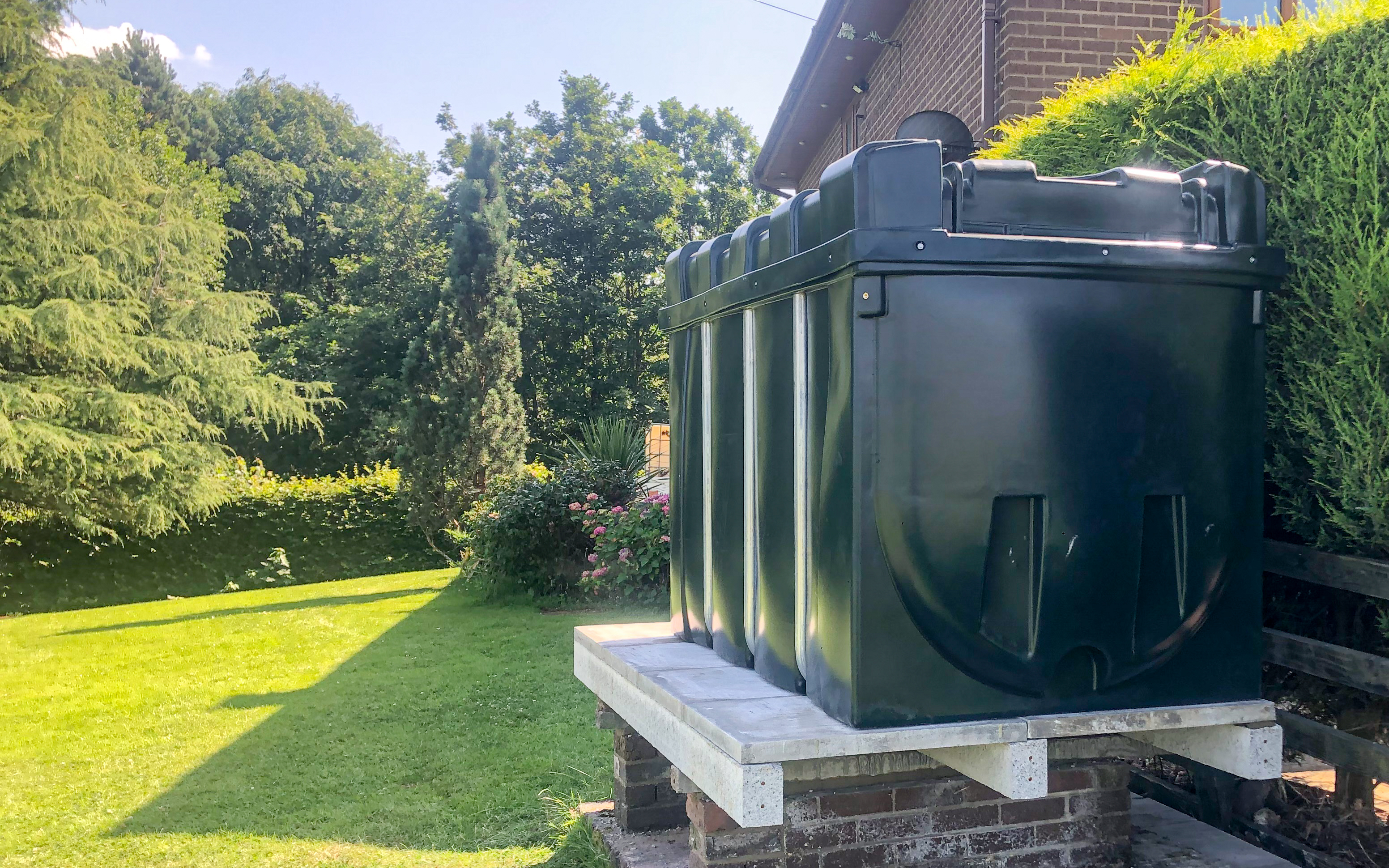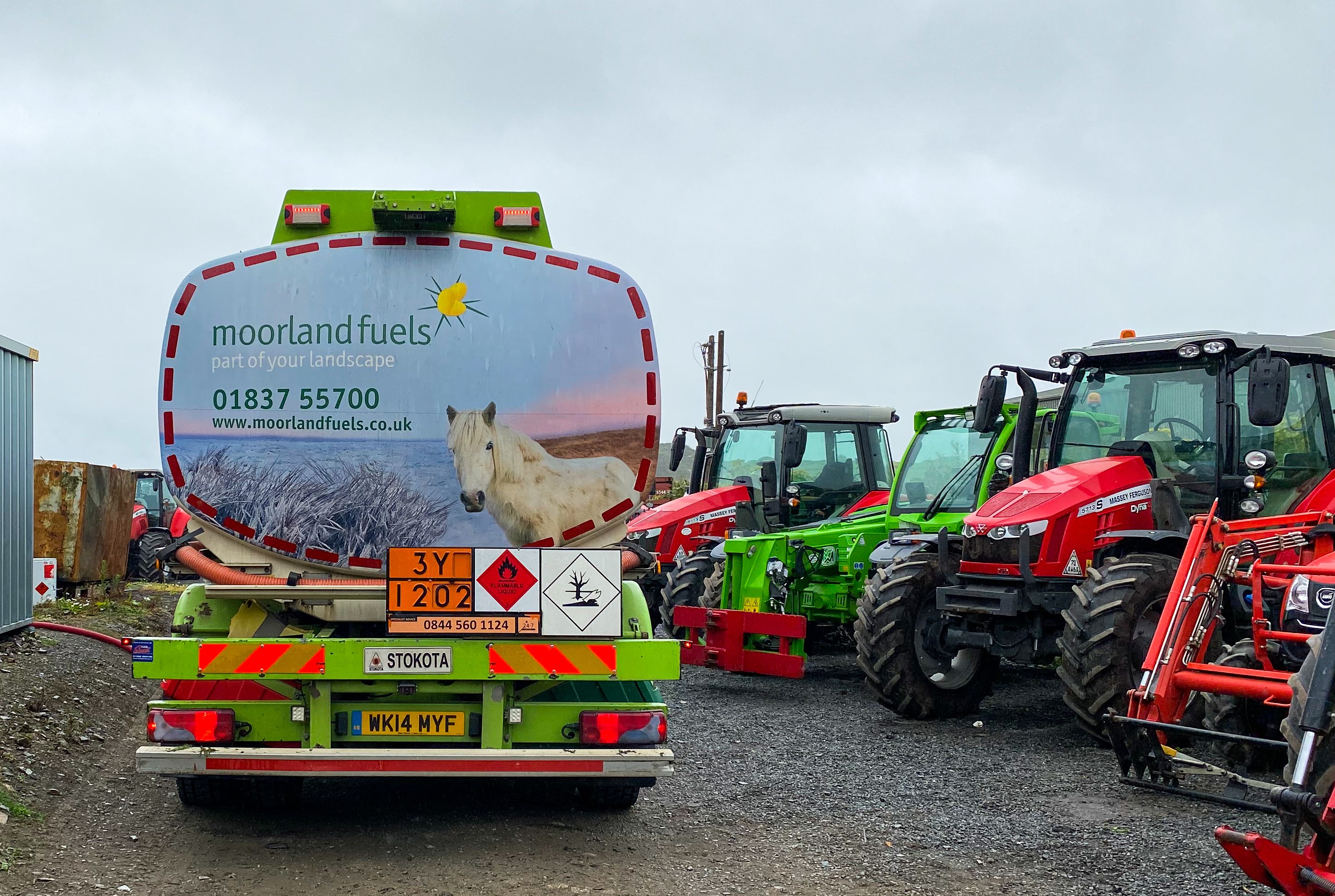Introduction of FAME To Gas Oil Means Good Tank Housekeeping Needed
The majority of all gas oil (red diesel) that is drawn from terminals within the Southwest now has FAME biodiesel blended into it.
In order to meet ambitious government targets in the Renewable Fuel Transport Obligation, the legally required percentage of fuels derived from renewal fuels has increased to 8.5% from January of this year. This percentage is due to keep rising until it hits 12.4% by 2032. Terminals throughout the Southwest will be meeting the government’s targets with the addition of FAME to sulphur free gas oil. Road diesel has had a proportion of FAME in it for the last few years.
The addition of FAME in gas oil could have a significant impact for farmers and businesses who use sulphur free gas oil in their non-road mobile machinery. The change will affect a range of equipment including tractors and other agricultural equipment, forestry equipment, construction machinery, forklift trucks, portable generators, inland waterway vessels and recreational craft.
FAME is a biodiesel, which is made in the UK mainly from recycled cooking oils, but also from blends of renewable and recyclable matter such as animal fats and plant oils. The conversion process converts the oils and matter into long chain molecules which are known as Fatty Acid Methyl Esters (more commonly known as FAME). FAME is a powerful solvent that is not compatible with all materials.
Potential Issues Caused By Increased Amounts of FAME in Gas Oil
- Many common materials such as rubber, plastics and some surface coatings will degrade from contact with FAME.
- Clogged filters caused by residual deposits.
- Bug problems – FAME attracts and holds on to water, so there is an increased potential for mould, bacteria and algae growth. Also once in fuel, water brings about increased corrosion of equipment.
- Fuel stability may degrade over time. It is best to avoid storing FAME blends of gas oil for more than six months.
What Can You Do To Reduce the Impact of FAME on Your Business?
- Before your first delivery of any biofuel, check the tank for any water and if necessary give the tank a specialist clean.
- Use a fuel additive such as Anti-bug Protect that prevents the growth of bugs.
- Carry out regular tank checks and take action if you notice any water, dirt, mould or growth in the tank.
- Check filters, pipework, sight gauges and seals on a regular basis for any signs of degradation. Replace the filters after every 2 to 3 deliveries anyway.
- Keep your tanks topped up to reduce the amount of air which can draw water in, causing condensation.
- Make every effort to safeguard your tank from water ingress by rain, as well as regularly drain any water off. Y our tank may need a drain point added to it in order to drain off any water.
Most non-road mobile machinery engines are compatible with fuel containing FAME. However, it is important that you are aware of the potential issues caused by FAME and that you do regular maintenance to prevent these potential issues damaging your vehicles.
If you have any questions or would like any help with Additives, Tank Cleans or Tank Replacements, please call our team at Moorland Fuels on 01837 55700.


